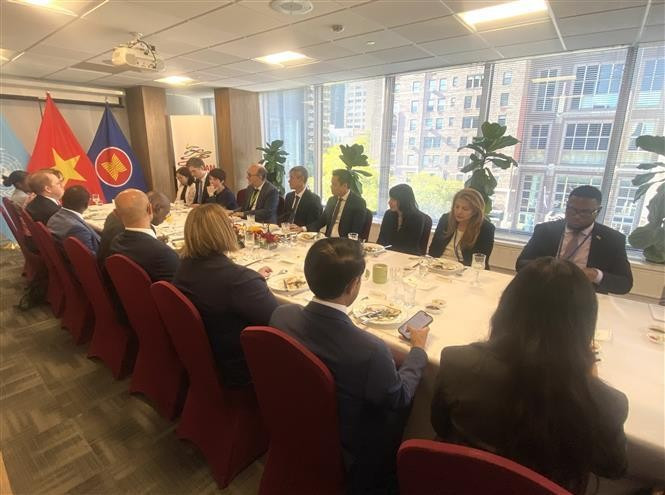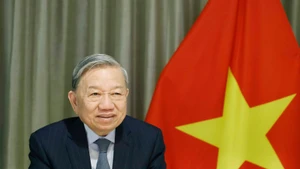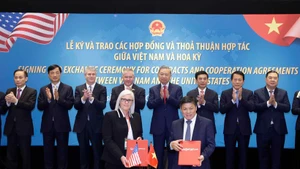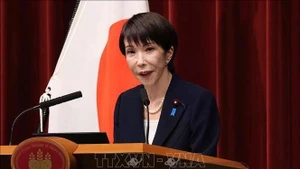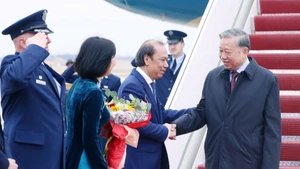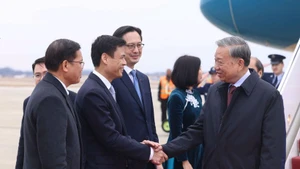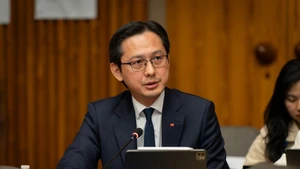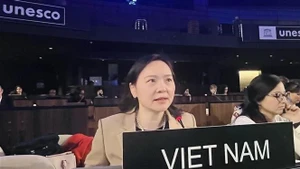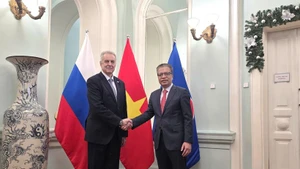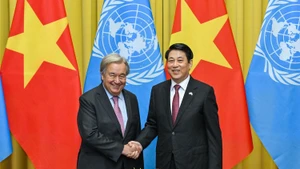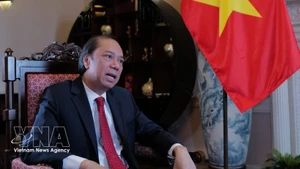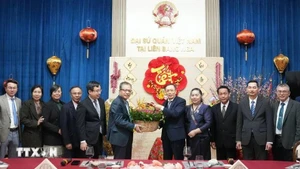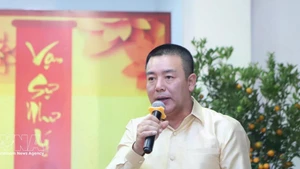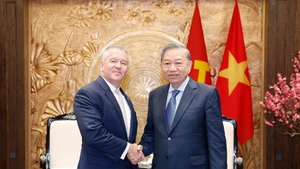Addressing the gathering marking the 30th anniversary of the Convention's entry into force, Giang expressed his delight at the group's remarkable growth over the past three years, with its current membership exceeding 120 and engaging in a wide range of activities.
He extended his gratitude to the key countries for their support in upholding the values, integrity and universality of the UNCLOS during the recent negotiation processes at the UN.
Assistant to the Vietnamese Minister of Foreign Affairs Nguyen Minh Vu affirmed that over the past three decades, the UNCLOS has served as a solid legal framework to foster cooperation and ensure the legitimate rights and interests of nations at sea, contributing to the fulfillment of the Sustainable Development Goals, particularly Goal 14, which focuses on the conservation and sustainable use of seas, oceans and marine resources.
Ambassadors and representatives of countries praised Vietnam's leading role and core contributions to elevating the role and image of the Group at the UN. They noted that the Group's activities have created a forum to share ideas and discuss various aspects of sea management and use, further reinforcing the value of the UNCLOS in tackling new maritime challenges.
The luncheon saw delegates discussing recent major progress in the field of oceans and maritime law, including the Agreement on the Conservation and Sustainable Use of Marine Biological Diversity of Areas beyond National Jurisdiction (BBNJ), and the challenges posed by climate change and rising sea levels to the international legal framework governing the seas.
Giang and Vu called on the founding countries to continue sharing ideas to further enhance the role of the Group in promoting and affirming the value and vitality of the UNCLOS, especially as the convention marks its 30th anniversary this year.
The UNCLOS Group of Friends, an informal platform for dialogue and coordination among countries, was initiated by Vietnam and co-chaired with Germany in 2020. Originally comprising 12 founding countries, including Argentina, Canada, Denmark, Germany, Jamaica, Kenya, the Netherlands, New Zealand, Oman, Senegal, South Africa, and Vietnam, the Group has since then grown to include over 120 countries representing all geographic regions.
